Tung Ho Steel Vietnam (THSVC) obtained the deformed bar KS MARK certificate issued by Korea KSA on November 23, 2022
Certified steel grades: SD300, SD400, SD500, SD400W, SD500W, SD400S, SD500S
Approved size: D10~D51
More Activities

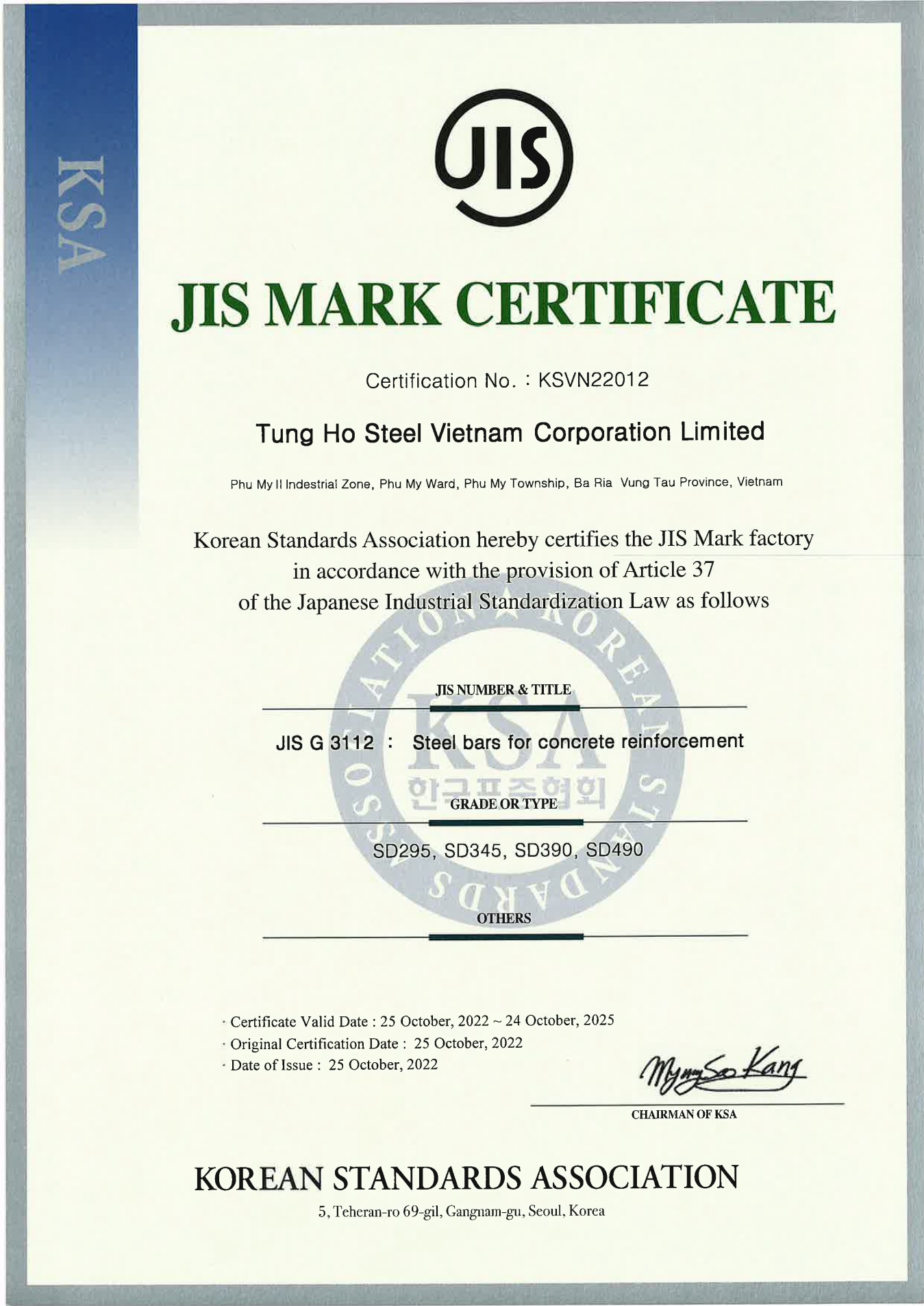
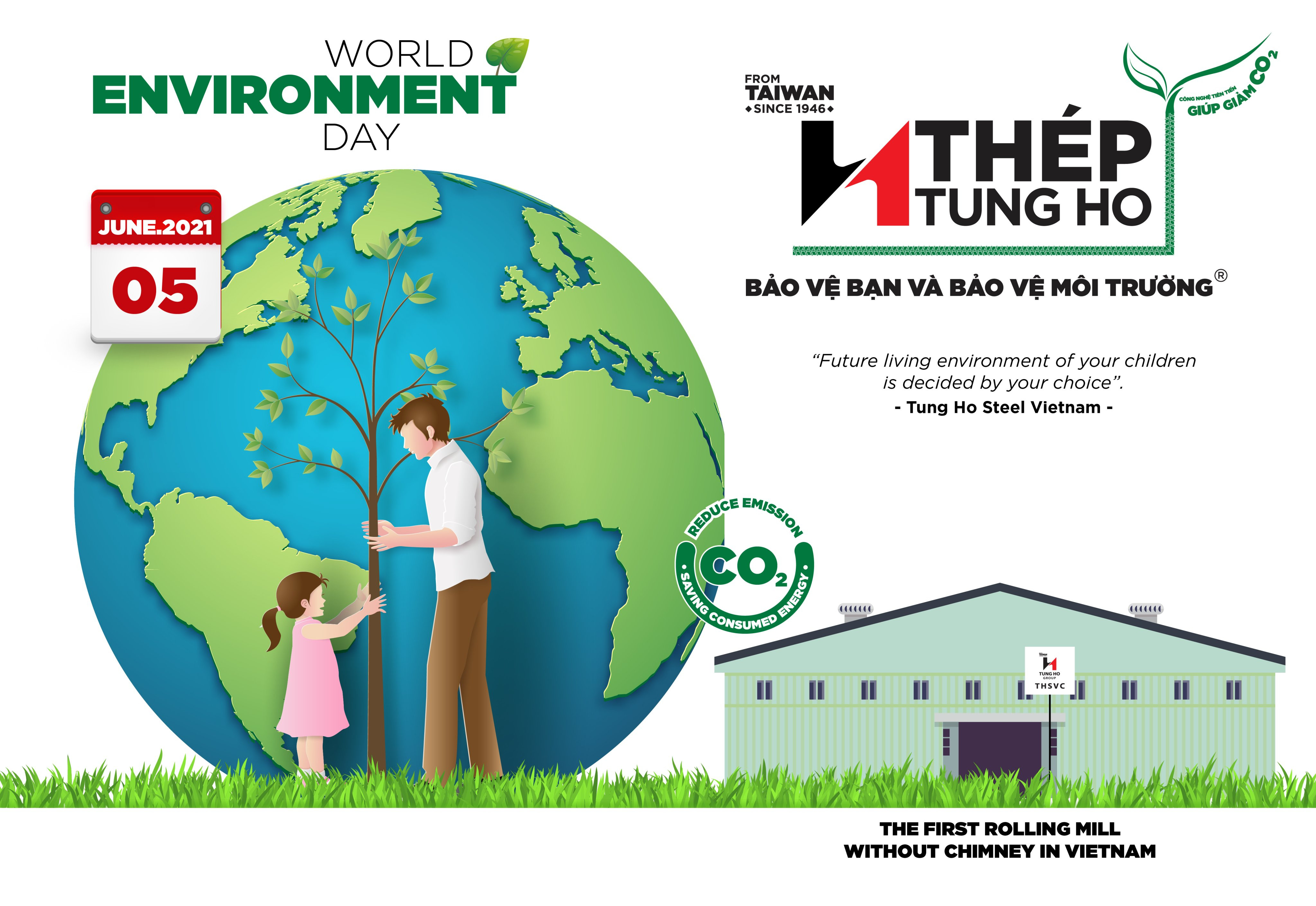
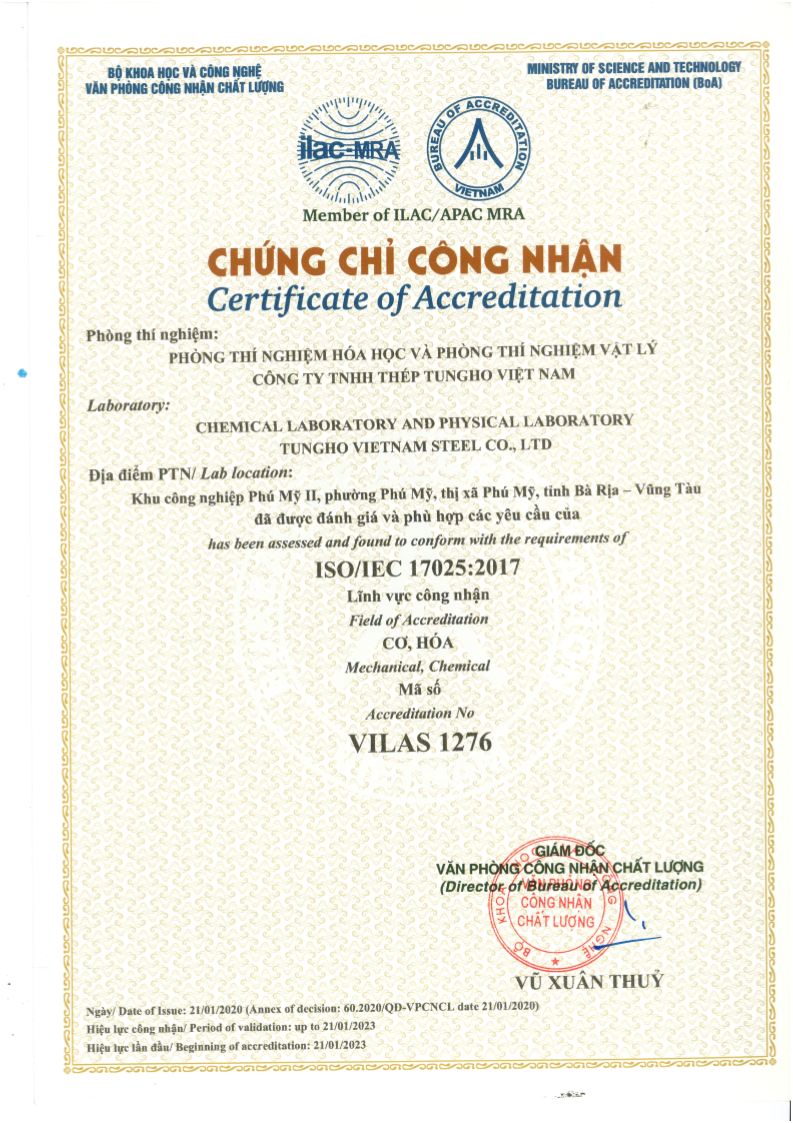
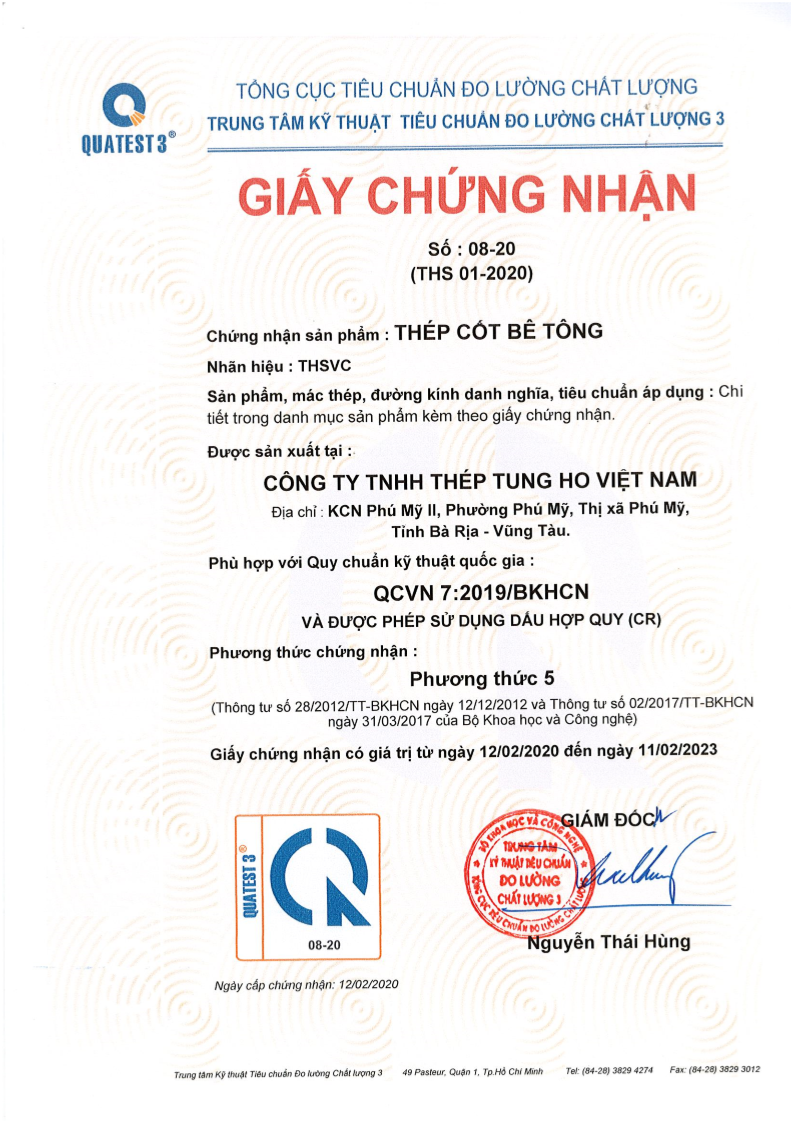
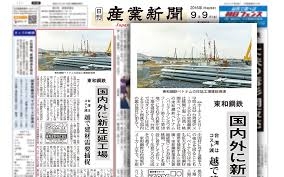
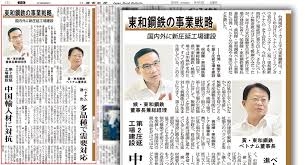
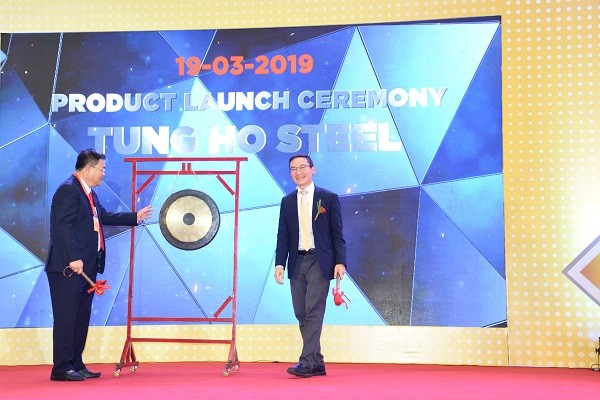
Certified steel grades: SD300, SD400, SD500, SD400W, SD500W, SD400S, SD500S
Approved size: D10~D51







